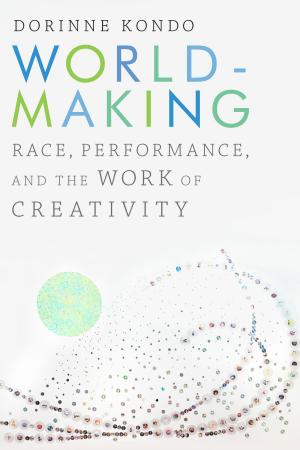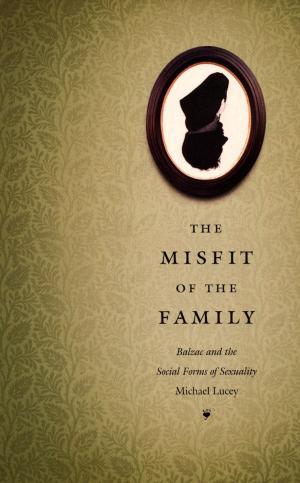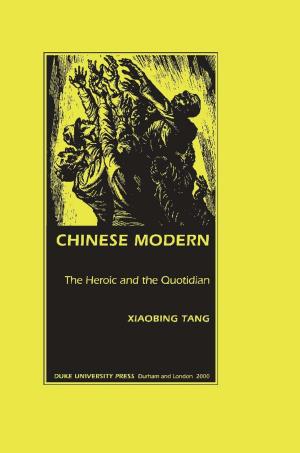Crucible of Conflict
Tamil and Muslim Society on the East Coast of Sri Lanka
Nonfiction, History, Asian, India, Social & Cultural Studies, Social Science, Anthropology| Author: | Dennis B. McGilvray | ISBN: | 9780822389187 |
| Publisher: | Duke University Press | Publication: | May 7, 2008 |
| Imprint: | Duke University Press Books | Language: | English |
| Author: | Dennis B. McGilvray |
| ISBN: | 9780822389187 |
| Publisher: | Duke University Press |
| Publication: | May 7, 2008 |
| Imprint: | Duke University Press Books |
| Language: | English |
Crucible of Conflict is an ethnographic and historical study of Hindu castes, matrilineal family structure, popular religious traditions, and ethnic conflict. It is also the first full-length ethnography of Sri Lanka’s east coast, an area that suffered heavily in the 2004 tsunami and that is of vital significance to the political future of the island nation. Since the bitter guerrilla war for an independent Tamil homeland in Sri Lanka broke out in 1983, the easternmost region of the island has emerged as a strategic site of conflict. Dennis B. McGilvray argues that any long-term resolution of the ethnic conflict must accommodate this region, in which Sinhalese Buddhists, Tamil Hindus, and Tamil-speaking Muslims are each a significant share of the population.
McGilvray explores the densely populated farming and fishing settlements in this coastal zone, focusing on the Tamil and Muslim inhabitants of an agricultural town in the Ampara District. Drawing on fieldwork conducted over more than thirty years as well as on Tamil and Dutch historical sources, he describes the regional dominance of a non-Brahmin matrilineal caste of thirteenth-century Kerala origin. The Muslims, who acquired dowry lands and matrilineal family patterns through local intermarriages, have in the twentieth century emerged from Hindu caste domination and are now the Tamil Hindus’ political and economic equals. Crucible of Conflict offers a uniquely detailed account of Muslim kinship and community organization in eastern Sri Lanka, as well as a comparison of Tamil and Muslim practices and institutions. McGilvray concludes with an analysis of the interethnic tensions and communal violence that have intensified in recent years.
Crucible of Conflict is an ethnographic and historical study of Hindu castes, matrilineal family structure, popular religious traditions, and ethnic conflict. It is also the first full-length ethnography of Sri Lanka’s east coast, an area that suffered heavily in the 2004 tsunami and that is of vital significance to the political future of the island nation. Since the bitter guerrilla war for an independent Tamil homeland in Sri Lanka broke out in 1983, the easternmost region of the island has emerged as a strategic site of conflict. Dennis B. McGilvray argues that any long-term resolution of the ethnic conflict must accommodate this region, in which Sinhalese Buddhists, Tamil Hindus, and Tamil-speaking Muslims are each a significant share of the population.
McGilvray explores the densely populated farming and fishing settlements in this coastal zone, focusing on the Tamil and Muslim inhabitants of an agricultural town in the Ampara District. Drawing on fieldwork conducted over more than thirty years as well as on Tamil and Dutch historical sources, he describes the regional dominance of a non-Brahmin matrilineal caste of thirteenth-century Kerala origin. The Muslims, who acquired dowry lands and matrilineal family patterns through local intermarriages, have in the twentieth century emerged from Hindu caste domination and are now the Tamil Hindus’ political and economic equals. Crucible of Conflict offers a uniquely detailed account of Muslim kinship and community organization in eastern Sri Lanka, as well as a comparison of Tamil and Muslim practices and institutions. McGilvray concludes with an analysis of the interethnic tensions and communal violence that have intensified in recent years.















